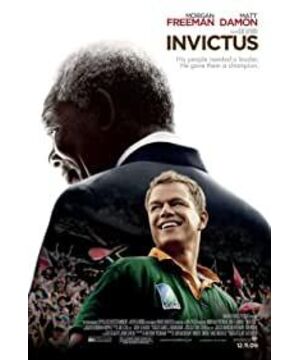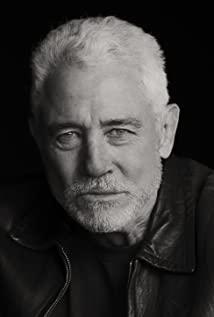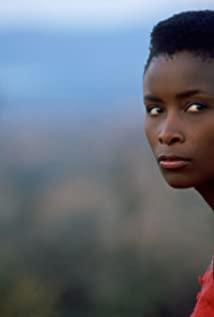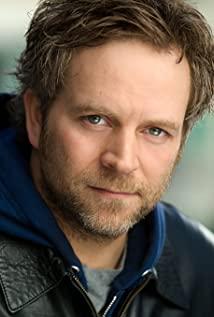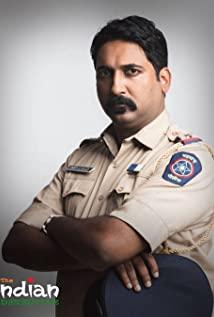It's a film, it's a documentary, and it could even be called the "founding cause" of South Africa.
The film has two main lines and N branch lines, which are also interspersed with many small stories, just like Llosa's novels as wonderful and moving, until the end you never know what the artist wants to express.
Mandela returned to South Africa as president after 30 years in prison, and racial integration became an important issue. In the eyes of many black people, some of President Mandela's actions are even a little too far. Why not fire all white civil servants, why keep a team that symbolizes racial discrimination, and why can he be so tolerant of those who have been excluded, intimidated, insulted and even treated so leniently. White people who beat them? But Mandela decided to gamble with his political capital that he would turn South Africa into a racially harmonious rainbow nation.
South Africa's antelope rugby team has long been a symbol of racial rivalry. White South Africans think rugby is a gentleman's hooligan sport, and blacks play football is a hooligan's gentleman's game; black South Africans will always cheer for their antelope opponents. In such an atmosphere, the Antelope's record is not ideal.
Mandela's path to racial harmony and the Antelopes' success track began to intersect. Mandela put aside all hatred, accepted and encouraged the Antelopes with a big heart. Of course, there's also some political art involved, including having rugby players play sports with black kids, and so on.
Of course, the black maid of the Antelope captain's house was integrated into the family, the black boy picking up rags outside the stadium and the white policeman turned from confrontation to friendship, the later handshake of the white and black police officers in the presidential security team, and even the change of the national anthem and the national flag. A testament to Mandela's political wisdom and the bright future of this country.
This story is also South Africa's "founding cause" to some extent, telling a segment in the long history of South Africa's racial opposition to integration. There is inevitably a little artistic exaggeration in the story, but I have to say that this movie has a good balance between exaggeration and fact, it will not make people feel "pretentious", on the contrary, it will make people have a beautiful future. Vision, let pessimistic people see some hope. At the same time, the "tolerance" spirit rendered throughout the film is as touching as the team's progress towards glory in the end.
Finally, the poem that Mandela inspired himself in prison and later inspired the football captain:
"Unconquerable"
-----William Ernest Henley (English)
Through the night that covers me, I see layers of darkness.
Thank God for giving me an unconquerable soul.
Even if I am held tightly by hell, I will not be afraid, nor will I be aggrieved.
Hit by fate, my head is full of blood, but my head is raised.
Beyond the world of anger and sadness, there are not only shadows of terror,
but also, in the face of future threats, you will find that I have nothing to fear.
No matter how narrow the gate of fate, no matter what punishment.
I am the master of my destiny.
I am the commander of my soul.
View more about Invictus reviews


